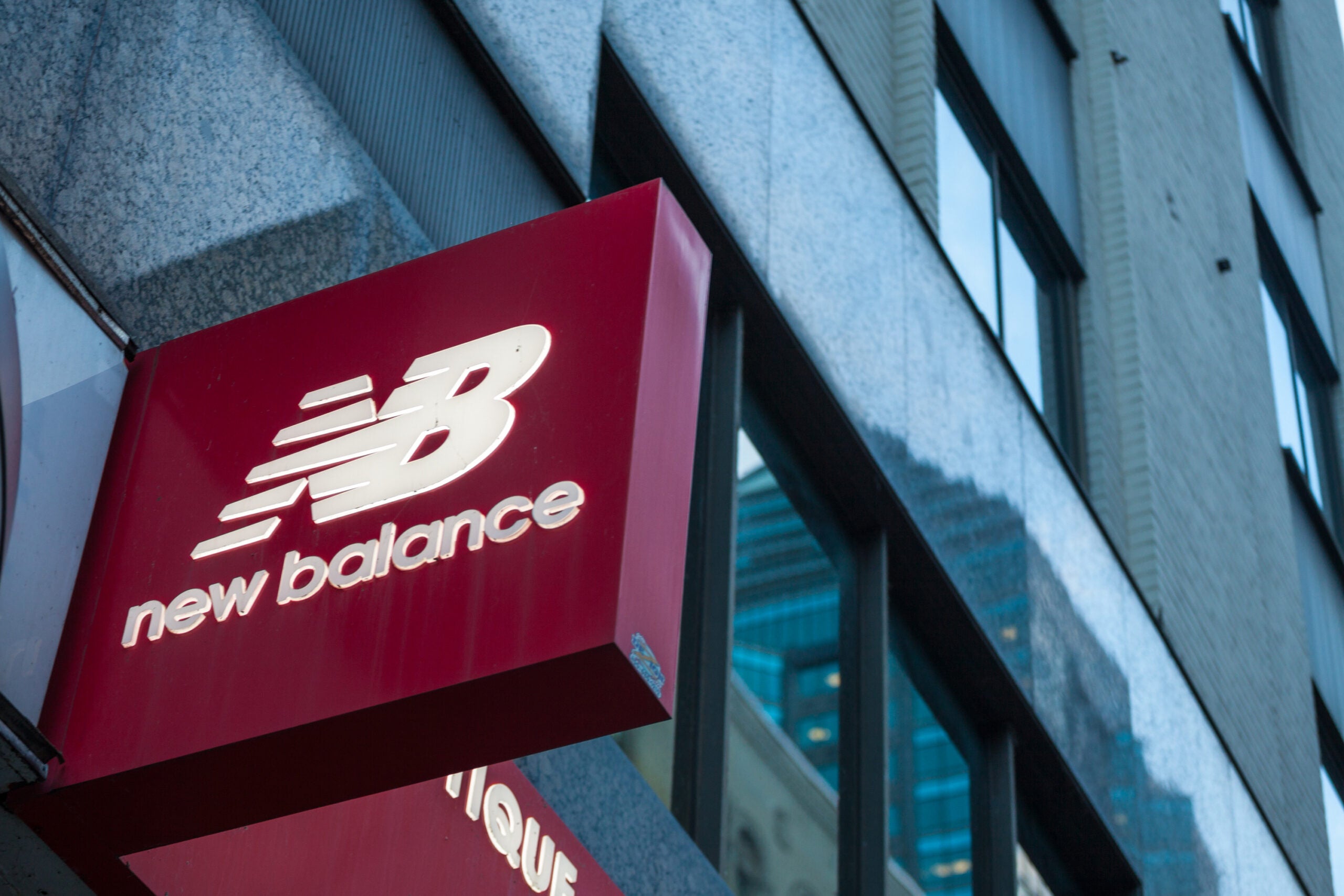
Described as the world’s first outcomes-based verified regenerative sourcing solution, Land to Market is a programme of non-profit the Savory Institute and uses a science-based approach working directly with raw material producers to enhance transparency and traceability mechanisms across the entire value chain.
New Balance has a holistic approach to climate change with a focus on key areas where the brand can affect change. Polyester and leather are two of the largest drivers of climate impact for New Balance. As a first step toward lowering those impacts, the brand’s goal is to source 50% recycled polyester and 100% preferred leather by 2025. New Balance is working towards these goals with key collaborators that help enable actions and scale progress.
“New Balance has a rich history of doing things differently,” says John Stokes, New Balance director of global sustainability. “We are constantly trying to find a better approach and, given the urgency of the climate crisis, collaboration is key. We believe our work is strengthened by like-minded alliances with experts who help extend our reach.”
Cynthia Maletz, New Balance director of product creation platforms, adds: “We are constantly looking for ways to advance and expand our portfolio of environmentally preferred materials. Our relationship with Land to Market will allow us to continually improve the sustainability credentials of our leather, a key priority material for New Balance.”
Land to Market works directly with farmers, ranchers and other raw material producers using Ecological Outcome Verification (EOV), the science inside of Land to Market, which measures land health and verifies whether farmland is in a state of regeneration or degeneration. EOV was developed by the Savory Institute, together with Michigan State University, Texas A&M, The Nature Conservancy, and others.
As farmers and ranchers implement management that regenerates their land, EOV measures the environmental impact and provides feedback for continuous improvement. As more land is regenerated, more vegetation is grown and more carbon dioxide is removed from the atmosphere — helping to reduce rising carbon in the atmosphere. In this way, regenerative agriculture has a critical role to play in addressing climate change.

US Tariffs are shifting - will you react or anticipate?
Don’t let policy changes catch you off guard. Stay proactive with real-time data and expert analysis.
By GlobalDataIn 2023, New Balance will introduce a new product made with leather from verified regenerative ranches and is actively working on plans to scale its sourcing further across the supply chain. Products with the Land to Market verification seal contain materials sourced from farms and ranches showing positive environmental outcomes through EOV.
“Regenerative agriculture repairs the damage that humans have done to the Earth and makes things better,” says Chris Kerston, co-leader of Land to Market. “Without bold action from business, humanity will fail to reach critical climate goals. By joining Land to Market, New Balance has committed to being an action-leader, making impact on the climate crisis by restoring the land through regenerative agriculture.”
New Balance recently opened a factory in Methuen, Massachusetts, in a move that furthers its commitment to US manufacturing.



